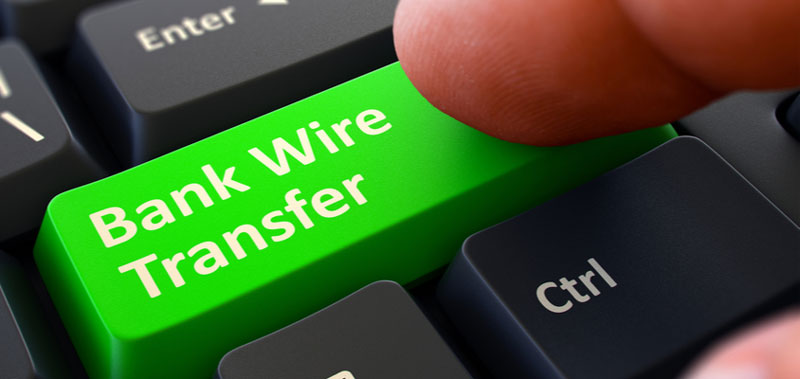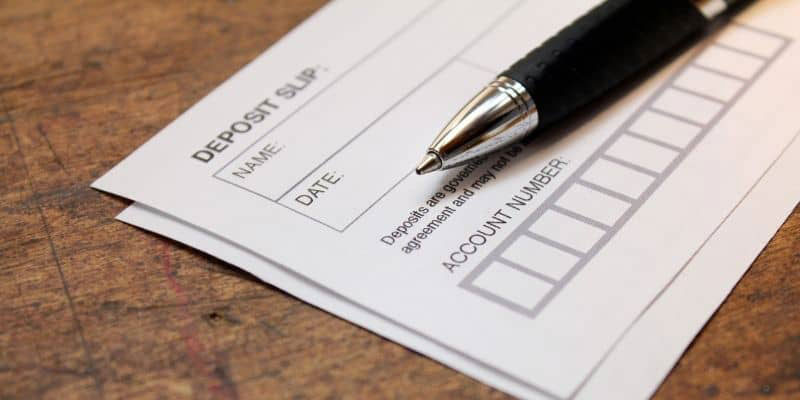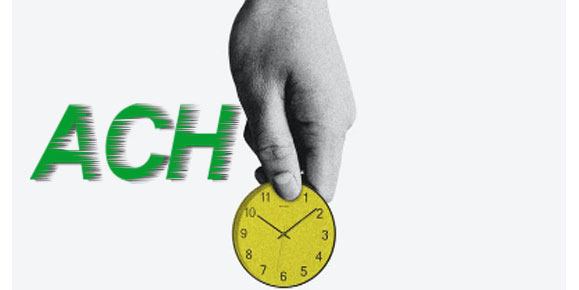ACH vs. Wire Transfers: What's the Difference?
Feb 15, 2024 By Triston Martin
ACH Transfer
The ACH network facilitates transactions like Direct debits, direct deposits, electronic checks (eChecks), or electronic funds transfers (EFTs). Businesses and consumers alike utilize ACH transfers to complete transactions that fall under the two groups: direct payment (ACH debits) and direct deposit (ACH credit transaction).
Certain financial institutions also provide bill payment, which lets customers pay their bills electronically through ACH transfers. Additionally, you can utilize the ACH network to make a transfer to merchants or individuals overseas. You may also utilize ACH transactions to reimburse your employees or vendors if you're a business owner. Most of the time, ACH transfers clear the bank within a couple of days if enough funds are available within the bank account. The process can take longer but in certain instances, such as when the system detects an allegedly fraudulent transaction.
Wire Transfer
Wire transfers are an electronic payment method used to transfer funds between accounts. It is possible to transfer funds for next-day delivery, but the speedy service will cost the cost of a higher rate. There are two kinds of wire transfers: international and domestic. Transfers to international destinations are wires for remittance, international wires, or international money transfers. They should be at least $15 to be transferred out of the United States to another country. It's not unusual for customers to use wire transfers to pay for large one-time payments that require same-day processing for transactions involving real property. Be aware that limits on the same-day fund's transfer may exist.

Transfer Speed
Wire transfer transfers money from one bank to the next within the same working day. It could be available to use on the same day in some instances. However, sometimes the funds won't be visible in the recipient's account, or you might not be able to access the funds right away. The process is generally automated; however, occasionally, an employee of the bank must look over wire transfers before transferring the money into the recipient's account. You should consider requesting wire transfers in the early morning hours when time is important, and you have plenty of time to finish the procedure.
ACH transfers usually require one business day to process. Clearing houses and banks manage ACH transactions in batches. They're processed together instead of separately. ACH process is actively moving towards same-day transfers; however, certain transactions may qualify for treatment on the same day. The payments should get processed quicker as businesses adjust to these new rules.
Certainty and Safety
Wire transfers are like electronic cashier's checks in terms of security. The bank generally accepts the payment as cleared after it receives the money. The recipient can use or withdraw the funds as soon as the payment has been transferred to the final bank account. The bank will remove the funds from sender's account when taking care of the request. It is possible to be certain that the sender's account was in their account and the bank that sent them the funds if you get an authentic wire transfer.
Wire transfers are a secure method of getting paid, and unlike cashier's checks, they're not often forged. Be sure to get an actual wire transfer instead of another form of electronic payment. Venmo and other payment services aren't bank-to-bank wire transfer services. It is essential to be sure that you know the person to whom you're transferring the money if you make a transfer via wire. Wire transfers can't generally be reversed, and the recipient can withdraw the money immediately.

ACH transfers are secure; however, they could be reversed. It could happen if your employer commits a mistake or overpays you accidentally or if a fraudulent transfer originates from your account. There are regulations regarding the time and manner banks allow reverses; however, most transfers are allowed to remain unless there is clear fraud or error. The processor might be able to reverse the deposit if payment processors credit your account using ACH.
A chargeback from a customer (whether legitimate or not) can cause the processor to take the money back in the future if your business takes credit cards as well as PayPal. You might be required to disclose information regarding your bank account if you choose to make either kind of transfer, such as the account number, routing number, and your name. This information could be used to take funds out of your bank account, so it is best only to disclose these details if you feel confident about the person receiving it.

Reaching Out to Credit Bureaus: Effective Contact Methods and Protocols

How Instagram Makes Money

What Kind of Loans Do Great Lakes Student Loans Offer?

How Do Checks Work?

5 Key Factors Affecting Your Monthly Credit Score Fluctuations

The Possibility of Acquiring a No-Doc Mortgage Today

3 Ways to Pay Off Student Loans Fast

Avoiding 7 Common Home Purchasing Errors

ACH vs. Wire Transfers: What's the Difference?

